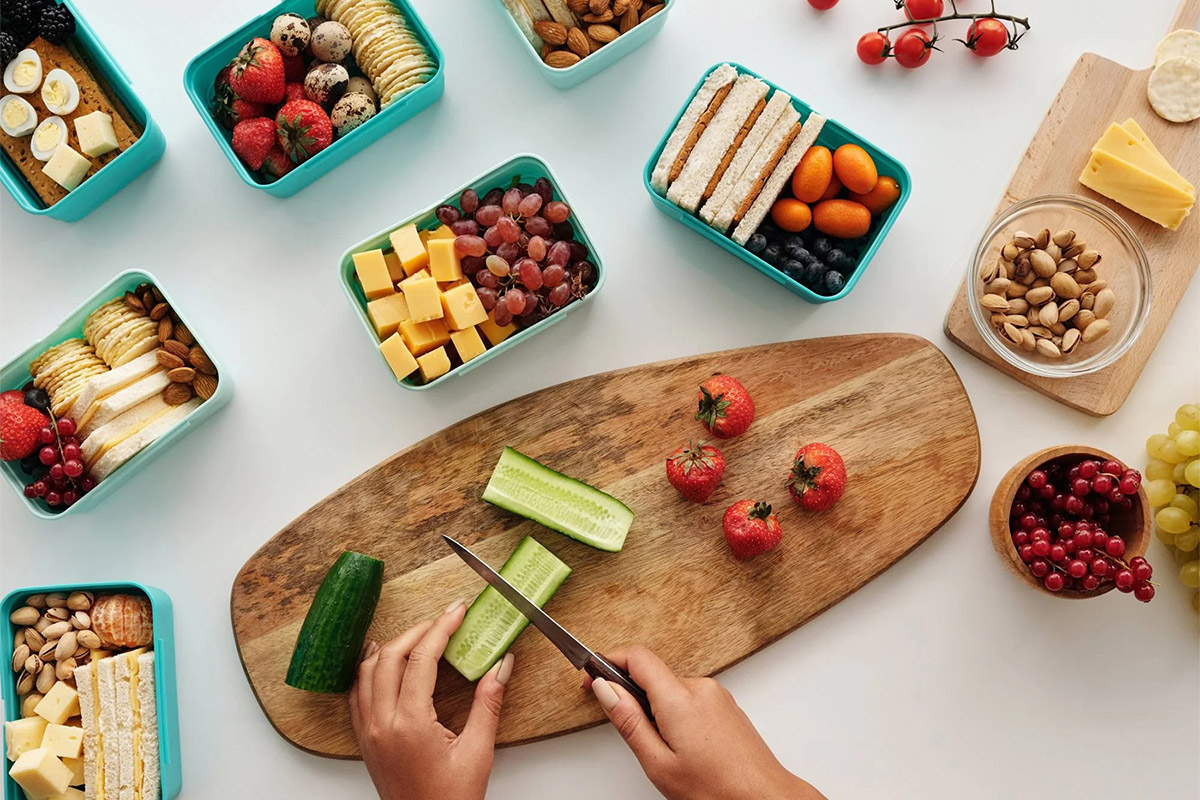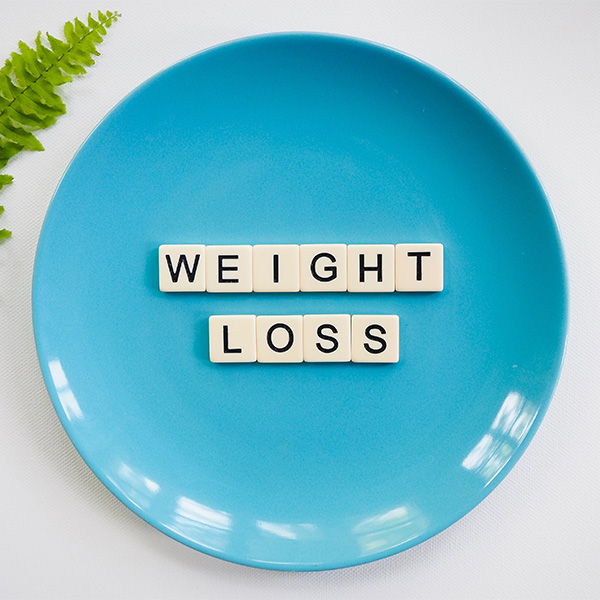
So, you have taken the big leap and had your weight loss surgery. You are recovering, adapting to a vastly different way of eating and drinking and losing weight. You are not alone, weight loss surgery (WLS) in its various forms (LAGB, LSG, RYGP, VSG) is an increasingly popular way for Australians to address the sometimes-radical weight loss that is needed to prevent and reverse many obesity associated comorbidities including type 2 diabetes, non-alcoholic fatty liver, high blood pressure and cardiovascular disease, to name a few.
The laparoscopic or vertical sleeve gastrectomy (LSG, VSG) now accounts for around 70.1% of all weight loss surgeries in Australia. The numerous types of surgeries fall into two main categories, restrictive where they reduce the stomach size to restrict the volume of calories that can be consumed and malabsorptive where the digestive tract (small intestine) is shortened to reduce the number of calories that can be absorbed.
These procedures can be lifesaving and many people finally lose the weight they have been desperate to lose for years. Just because you end up having WLS does not mean that you have not tried your very best with diet and exercise, in fact sometimes you have tried every trick in the book and a combination of genetics, biochemical pathways and hormones just simply mean that you are up against it.

Whilst WLS leads to significant weight loss in a relatively short space of time it is still not an easy path. To feel well at your new lower weight, you need to work out how to consume enough of the right nutrients within a much smaller volume of food. This can be a very real problem and something that you may not have realised was going to be such a lifelong commitment. Getting enough macronutrients including protein, fibre and water can soon become a seemingly impossible task. Then there are all the micronutrients to consider. Common nutrient deficiencies seen after WLS include iron, vitamin B12, thiamine, zinc and vitamin D.
It can be helpful to work out how much of these nutrients you actually need for your body, your life stage, lifestyle and activity levels. How best to consume them without causing digestive issues, bloating, constipation and or diarrhoea. You can explore different modes of ingestion (sprays, lozenges) for some nutrients that bypass your digestive system entirely. And then finally figuring out what works best for you and your tastes/preferences. No two bodies and the life circumstances that bring you to where you are today are the same and so therefore an individualised holistic and realistic approach could be just what you are after.
If you would like to book an appointment
New Beginnings Jumpstart
A 6 week guided program for women navigating perimenopause and beyond
Modules include:
2 levels available – A DIY self-paced and a VIP with Naturopathic coaching sessions, customised herbal medicine formula and key supplements.
Join the waitlist now.